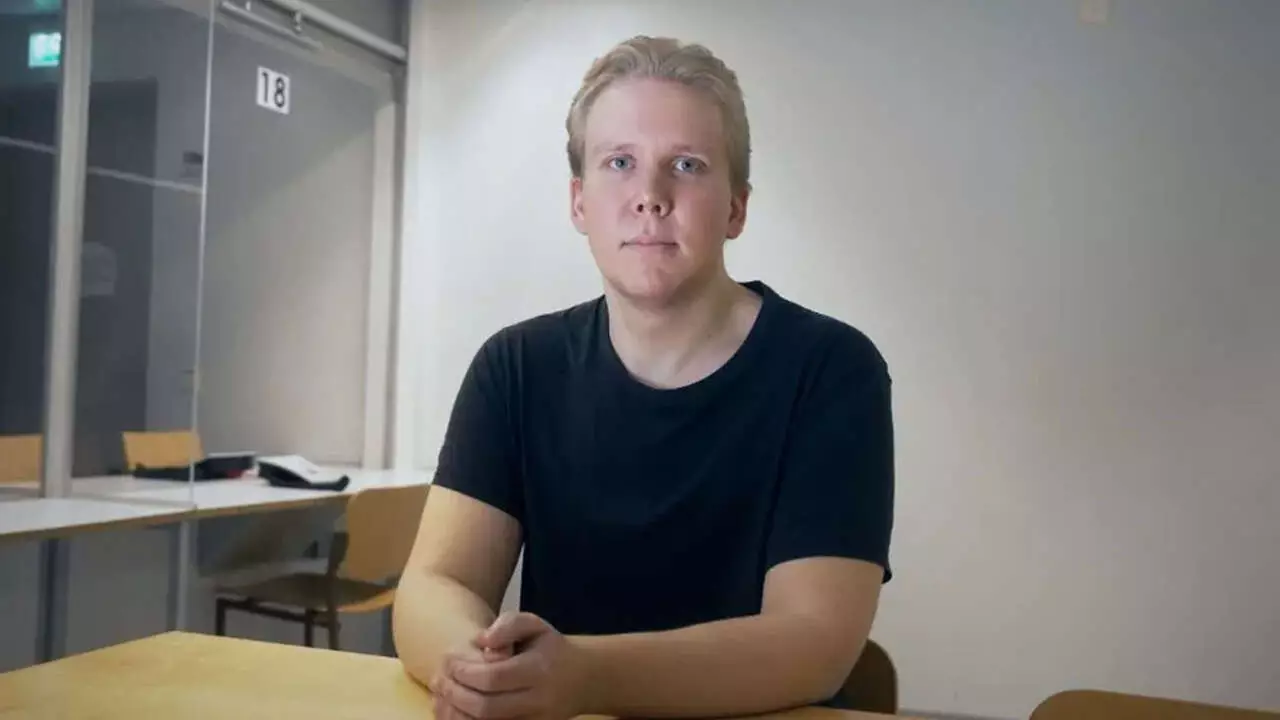In 2014, a wave of chaos swept through the holiday gaming scene as the hacking group Lizard Squad knocked down both PlayStation Network and Xbox Live on Christmas Day. This incident was not just a massive inconvenience for gamers worldwide; it marked the emergence of a tech-savvy generation willing to raise havoc from the shadows of the internet. One of the key figures associated with this notorious group, Julius Kivimaki—now known as Aleksanteri Kivimaki—has become the focal point of Max’s intriguing four-part documentary series, “Most Wanted: Teen Hacker.” Even in the promotional materials for this series, Kivimaki displays an unsettling nonchalance regarding his past crimes, prompting many to question the ethical implications of his actions and the consequences should they go unpunished.
The Troubling Legacy of Lizard Squad
Lizard Squad was notorious not only for its audacious attacks but also for its self-sabotage; ironically, they found themselves victims of hacking as they tried to monetize their own malicious tools. By dissecting Kivimaki’s actions, we gain insight into the mindset of someone who has committed multiple cybercrimes since he was just fifteen. His involvement in extreme activities—including hacking Elon Musk and orchestrating SWAT attacks—highlights a troubling trend among young hackers who see the online world as a playground for their ambitions, often disregarding the lives they impact.
The Moral Quandaries of Cyber Justice
While discussing Kivimaki’s lack of remorse, it is important to interrogate the societal failures that allowed him to slip through the cracks. Initially, after being convicted of a staggering 50,000 cyber crimes, he avoided incarceration due to his young age. However, this leniency raises larger questions about how we handle cybercrime, particularly among minors. The legal system’s shortcomings in addressing the behaviors of adolescent cybercriminals linger ominously in the background of this narrative. It wasn’t until 2024, following the serious offense of leaking sensitive therapy records, that Kivimaki finally faced a six-year prison sentence. His story acts as a case study for discussions around accountability and the measures we should take to deter young hackers from repeating such crimes.
The Broader Impact of Cybercrime
As Max prepares to release the first episode of “Most Wanted: Teen Hacker” this September, it serves a larger purpose than merely unraveling Kivimaki’s narrative. By incorporating interviews with victims, professionals in the cybersecurity field, and those directly involved in the ensuing investigations, the documentary promises to explore the robust consequences of cybercrime on a societal level. It beckons viewers to ponder how our digital experiences are compromised not just by technological vulnerabilities but by the very individuals who exploit them. The documentary takes an unflinching look into the psyche of a hacker but also reflects upon the vulnerability of systems designed to protect us.
The era of witnessing kids as prodigies in coding seems to obscure the ethical duty that comes with their skills. Kivimaki’s behavior underscores the urgent need for educational initiatives surrounding digital ethics and responsible online conduct, directing conversations about how we shape future generations to understand the significance of respecting digital spaces. As the series unfolds, audiences will be challenged to reconsider the relationship between youth, technology, and morality in our increasingly interconnected world.

